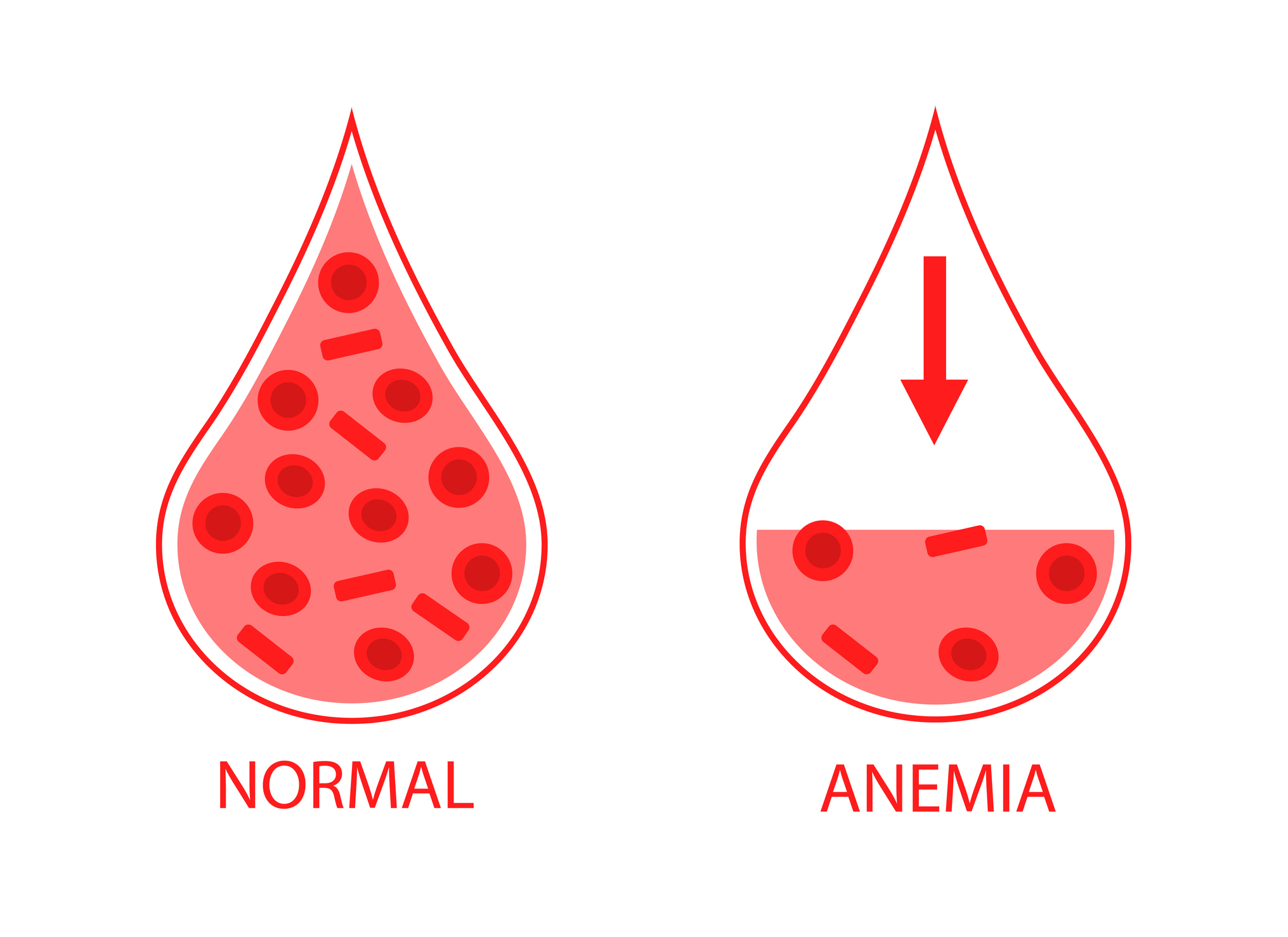Until recently, many adults were advised to take a daily low-dose aspirin daily to reduce their risk of developing blood clots and suffering a stroke or heart attack. But in 2022, research found that the blood-thinning drug was no longer recommended for adults who had not suffered a heart attack due to the risk of bleeding. Now, a new study has linked taking a low-dose aspirin daily with a 20 percent increased risk of developing anemia.
Anemia is caused by a reduction in the number of healthy red blood cells which oxygenate the tissues of the body. When these cells are diminished, people may feel tired, weak, or out of breath. According to the Washington Post, the new research findings were the result of a secondary analysis of data from a study of more than 19,000 adults – most over the age of 70, who did not have anemia and were in general, healthy.
The study participant groups were randomly assigned to take either a placebo or 100 milligrams of aspirin per day for a period of about five years. Among those taking aspirin, levels of hemoglobin and ferritin that indicate iron in the blood declined more sharply than those taking a placebo.
Researchers attributed the increased risk of anemia among seniors taking a daily low-dose aspirin with an iron deficiency. Adults should only start a daily low-dose aspirin regime if prescribed by their doctor, and their hemoglobin should be monitored periodically. Among older adults, anemia can increase the risk of falls and fracture, cognitive impairment, and is linked with a higher risk for cardiovascular disease, and decreased physical activity leading to a poorer quality of life.
As always, talk with your doctor or pharmacist before starting or stopping any medication, including over-the-counter drugs or supplements, as they can lead to serious side effects or interact with other medications.






Add Your Voice
0 Comments
Join the Discussion